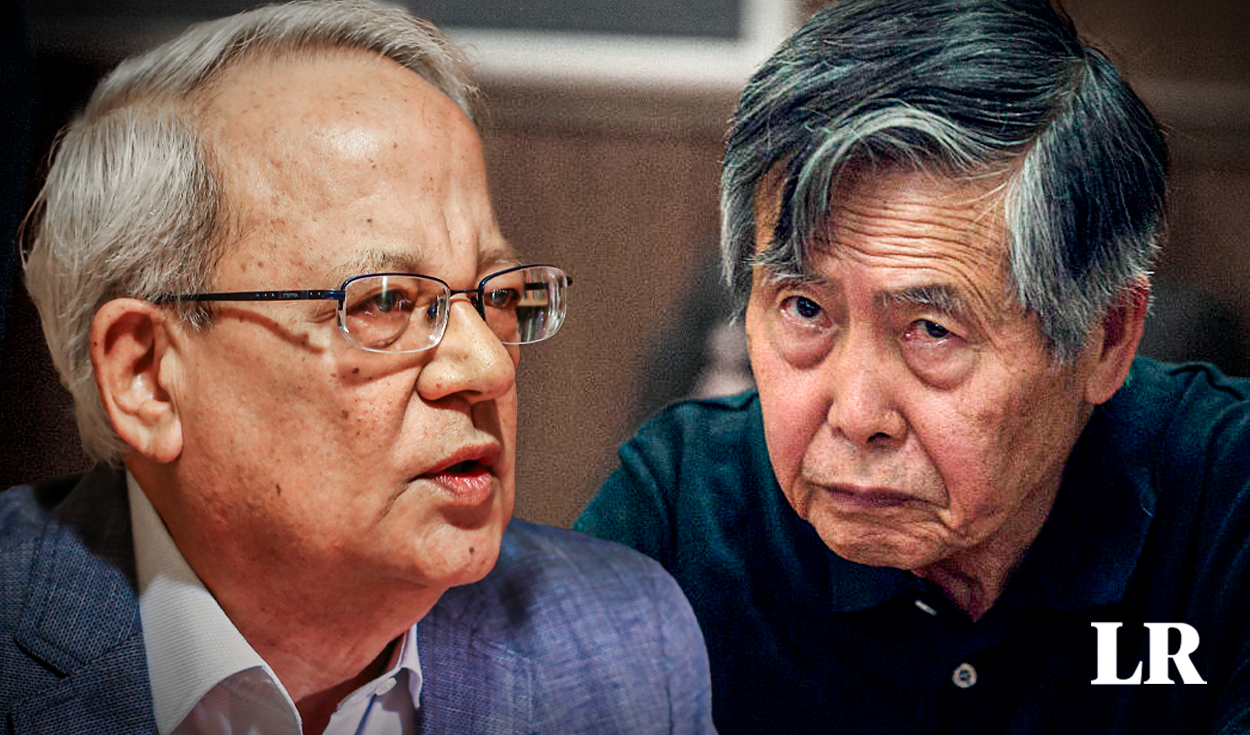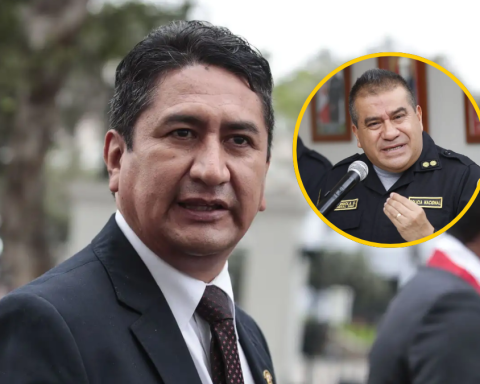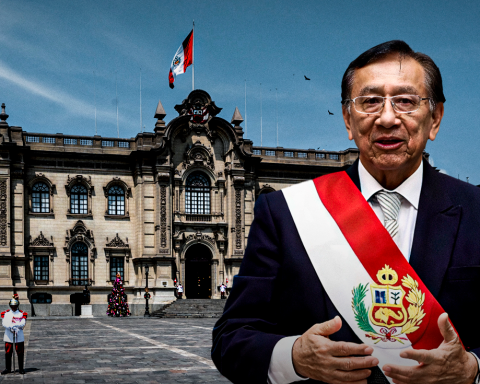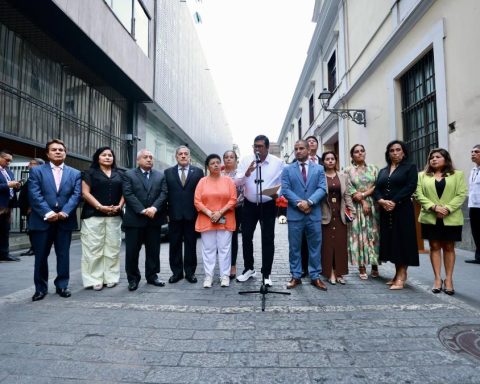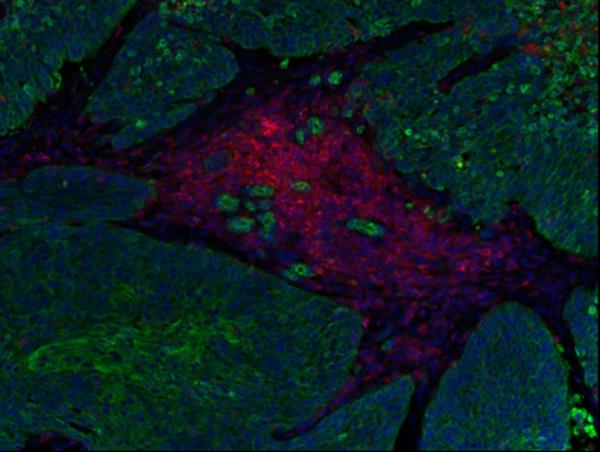In his most recent podcast, Journalist César Hildebrandt referred to the death of Alberto Fujimori and, far from softening his stance, he reaffirmed that He was the worst dictator in the history of Peru.
“The real drama is that Fujimori wanted to kill us as a country“Hildebrandt said, adding that his death does not erase the fact that Fujimori imposed his will for years, encouraging the worst of the Peruvian idiosyncrasy. According to the journalist, during the Fujimori regime values such as “liveliness” and cynicism were established, transforming these attitudes into social virtues that are still present today.
“Dictator Fujimori has died, but death does not erase the fact that Alberto Fujimori was a dictator. And not only a dictator, I maintain that he was the worst dictator in the history of Peru. The man with the yucca and the tractor not only imposed his will, but also gratified the most negative forces, the least honorable talents and the most terrible inclinations of our idiosyncrasy,” he said. Furthermore, César Hildebrandt added that Fujimori, with his dictatorship, controlled Congress, the Judiciary and the media, establishing a culture of impudence.
“With him, the combi culture was established among us, liveliness as a virtue, impudence as a norm and cynicism as a ready alibi. His dictatorship covered everythingCongress, the Judiciary, the Comptroller’s Office, the Attorney General’s Office, the mainstream press and the light-headed television,” Hildebrant said, adding that the Fujimori regime fostered a “pagan worship of roguery,” where his ability to lie and manipulate was seen as admirable by many.
“Only a country colonized by barbarism You can forget that Fujimori destroyed the fabric of institutions “which made the balance of power possible. The real tragedy is that Fujimori wanted to kill us as a country, let us not forget that and let us not give up detesting those who want to erase our memory,” the journalist concluded.
“Keiko envied her father and would set the country on fire to gain power”
In his recent column of September 13, César Hildebrandt addressed the death of Alberto Fujimori and recalled how Dina Boluarte, in the 2021 campaign, He had described him as an “oriental character” who brought shame to the country.Hildebrandt noted that if Fujimori had respected democratic coexistence with Congress, he could have been a great president. However, the closure of Parliament and the establishment of a dictatorship marked his government, leading to widespread corruption.
The journalist also analyzed how the 1992 self-coup allowed Fujimori to concentrate unprecedented power in the 20th century in PeruHe also mentioned the dubious background of the former dictator, such as his management at the Agrarian University and his relationship with Vladimiro Montesinoswho became his main political operator.
Finally, Hildebrandt reflected on Fujimori’s political legacymentioning how it was promoted by Alan García as an alternative to neoliberal economic adjustment. He criticized the establishment of neoliberalism in Peru under Fujimorism and described Keiko Fujimori as an ambitious figure, capable of using any means to achieve the power that her father once held, reflecting the complex and controversial legacy of her family.
